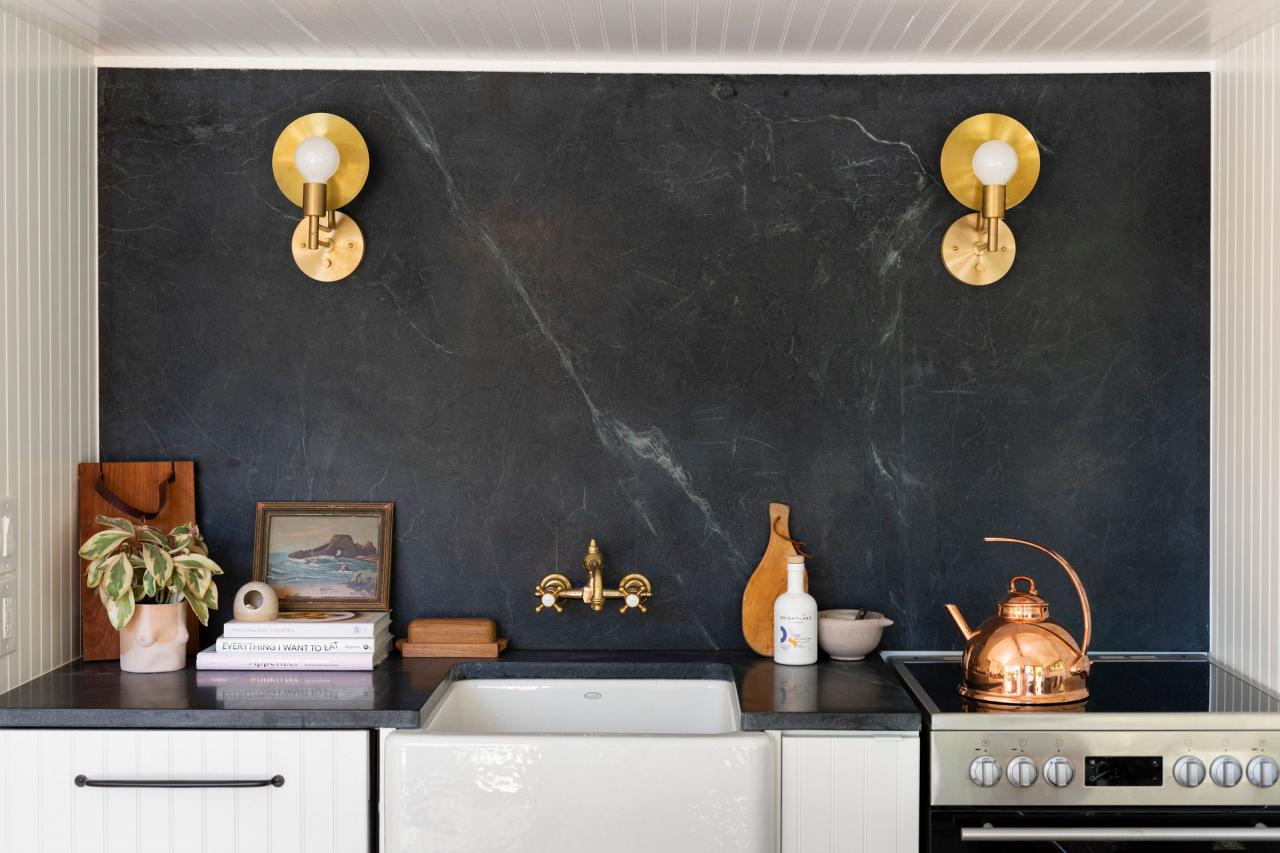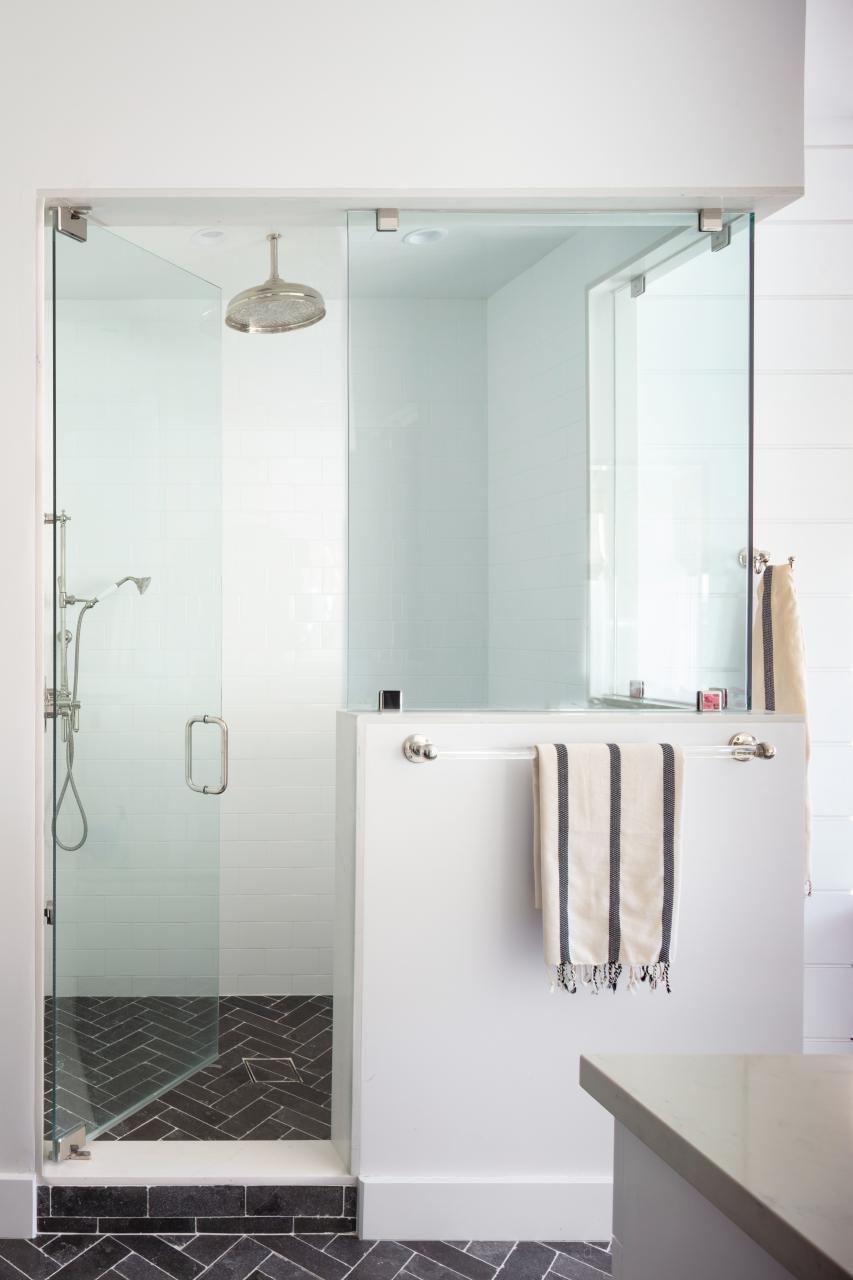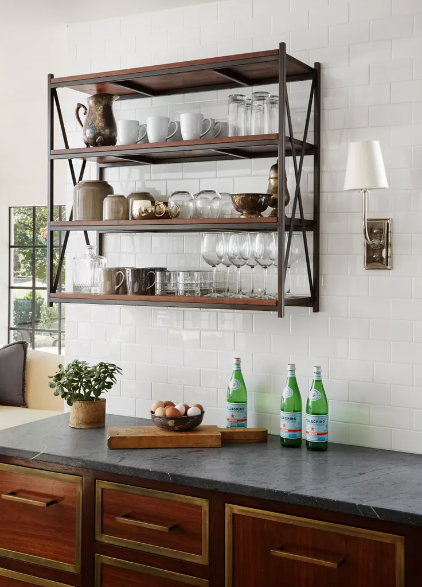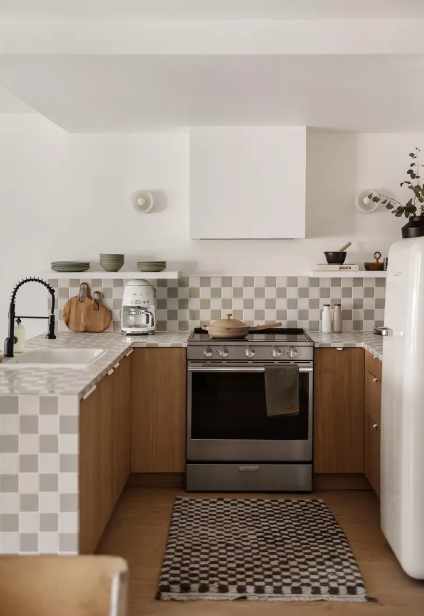Regardless of a wide variety of countertop materials to choose from, soapstone sticks out as a favored choice. This guide to soapstone counter tops offers the very best style ideas, advantages and disadvantages of the natural stone material, plus cleansing and maintenance guidance.
What Is Soapstone?

Soapstone is a natural stone material composed of talc, chlorite, and dolomite. Its beautiful visual has actually been popular for centuries, commonly used in carvings, statues, bowls, and fireplaces. Over the last few years, soapstone has gotten popularity as a material for sinks, tiles, and countertops, too.
Soapstone’s sturdiness, and distinct look rank it among house owners’ top countertop options. However, soapstone does need defense and maintenance, as it is vulnerable to scratches, nicks, and chipping..
Kinds of Soapstone.
There are different kinds of soapstone available, each with its own unique attributes. The most common types include:.
Initial Soapstone: It generally has a rich, dark gray color with subtle white veining. It naturally darkens with age. Artistic Soapstone: This kind of soapstone frequently showcases unique patterns and colored streaks and veins, making it a popular choice for those seeking a more visually striking countertop.Architectural Soapstone: With its light gray to greenish-gray color, architectural soapstone offers a softer and more modern try to find countertops.
Soapstone Color Options.
While soapstone is frequently related to shades of gray and can appear to be a solid color in pictures, veining and streaks are common in the pieces. Some popular soapstone color options consist of classic dark gray in rich, deep tones. Light gray deals a more contemporary, airy appearance. Soapstone in tones of green and blue add a special touch to any kitchen area..
Black or white options are likewise readily available to add a sophisticated contrast to wood accents. Due to the rarity of the stone, these more unique color combinations may come at a higher price tag..
Installation Considerations.
While many house enhancement jobs can be DIY, stone counter tops ought to be professionally installed. Soapstone’s heavy weight needs to be supported by solid, reinforced kitchen area furniture, so professional installation is required. Appropriate placement and fit are very important..
Sealing soapstone counter tops, though not required, can boost the stone’s stain-resistant residential or commercial properties..
How to Clean and Maintain Soapstone Countertops.
To keep your soapstone counter tops appearing like new, plan for appropriate cleansing and upkeep. Clean them daily by wiping the surface area with a mild soap and water service using a soft cloth or sponge. Moderate bleach services can also be utilized..
Countertops need to likewise be oiled after installation and then once again regular monthly. Usage food-grade mineral oil to boost the natural appeal of soapstone and protect it from stains.
Prevent harsh, abrasive, or acidic cleaners that can scratch the surface of soapstone counter tops. Vinegar, lemon juice, or other acidic substances can trigger pitting.
Some individuals seal their soapstone countertops for additional stain security. If waxing, sealing, or oiling loses its appeal, you can always sand or refinish soapstone.
Frequently Asked Questions.
Is soapstone more pricey than granite?
Soapstone tends to be more costly than granite. Soapstone expenses roughly $55 to $120 per square foot and granite comes in a bit lower at $45 to $110 per square foot. Nevertheless, the overall cost can vary based on elements such as the sourcing of the stone, its quality, the size of the countertop, and the intricacy of the installation.
Does soapstone need to be sealed?
Soapstone is naturally non-porous and does not need sealing. However, some house owners do seal it in order to make it more resistant to stains..
If you simply want to secure soapstone countertops, you can use mineral oil once a month. Any excess oil can be cleaned off with paper towels or another tidy fabric.
Exist any materials to avoid cleansing soapstone counter tops with?
Avoid damage by steering clear of strong bleach, scrubbing brushes, abrasive cleaners, or acidic substances, such as vinegar or lemon juice. Use mild soap and water to regularly clean soapstone counter tops.



